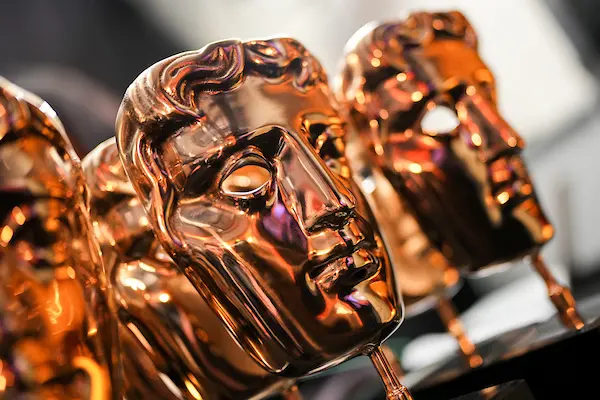RON HOWARD: Well, I am a little embarrassed to be getting attention on Dan and Mike’s behalf.
Q. But you are the one who has locked them in a cupboard in LA.
A. They are editing in the Heart of the Sea, and they are at a critical moment preparing for a screening and they just couldn’t leave. And so they wanted me to make sure people knew that I was — I was torturing them.
Q. Ron, you have worked with these guys now for decades.
A. Since 1981. Night Shift was the first movie that we did together and they have edited every film that I have directed since. And they are really remarkable, remarkable guys and so passionate about what they do and the kind of commitment that they make. But the thing that I love about them is that while they understand visual effects, they are great with action, they care most about performances. And one of the things I didn’t get to say in my speech is: they would have thanked the actors, because that is what they revel in. That is what they get most excited about, are those nuanced performances that they can find ways to weave together in the most impactful ways.
Q. You also said that this film Rush was the most challenging film you have done together. In what way?
A. Well, it was a tremendous amount of footage. It was a real balance that needed to be found between the drama of the characters and the intensity of that story and, of course, the cinematic needs, the drama and the tension of the racing. And these things had to blend in a way both rhythmically and dramatically and that boiled down to the editing.
So I have to say that, you know, I have a tremendous amount of respect for the choice, obviously. You know, I am biased. But it did actually find a movie that really depended largely on the effect of the editors.
NEW SPEAKER: There has been a bit of a slight row in this country this year about what films qualify as British or not, and obviously Rush did. Do you have any qualms or thoughts on what should or should not qualify for the BAFTAs?
A. Well, Rush certainly should have. On the broadest level, I don’t, but there’s not a shadow of a doubt in my mind that it was entirely an independent UK production. That’s what I signed on for. It existed already before I came aboard, and the only Americans involved were Dan — the editors and myself.
NEW SPEAKER: Congratulations to your editors. You shot Rush here. You are shooting Heart of the Sea here as well. I wonder what the facilities of Britain kind of offer to productions.
A. Oh, well, of course my son, Reed, who is now 26 years old, was born here while we were doing Willlow, and we also did the lion’s share of The Da Vinci Code here. So I have been fortunate here to work here many times and here is what it has to offer: tremendous talent pool, great film-making heritage. When I say talent pool, in front of and behind the camera. The — you know, just the artisans are really in a category of their own in many ways. And there’s, you know, storytelling is sort of important to every culture and every country. But here in England, it’s — you know, it’s almost elemental. And I think everybody involved with a movie here in the UK feels that they are telling a story. And you don’t always get that, even in all the departments in the US, there are a lot of talented people but you don’t always feel that.
NEW SPEAKER: Are you doing The Jungle Book, the live action?
A. This was all — this was, frankly, kind of prematurely released as a given.
Q. Yeah.
A. I am happy to admit that we are in conversations about it, and to the point where I brought my Kipling along on this trip to do a little homework. It is a wonderful script by Callie Cloves and an exciting prospect, but very, very early discussions.








